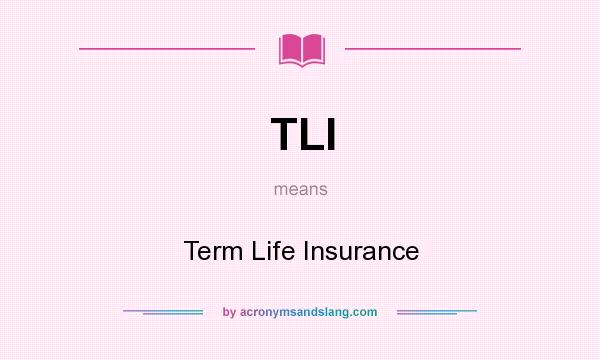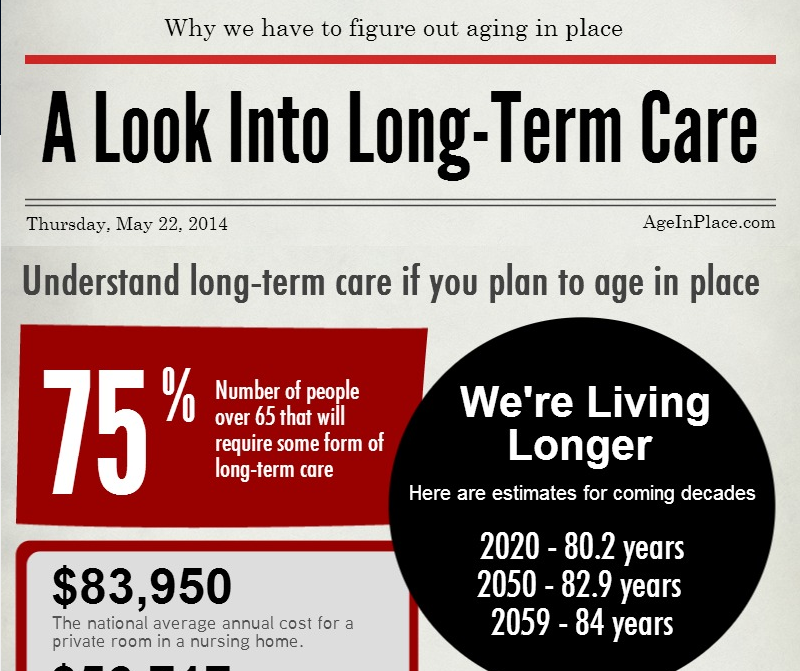One important casualty insurance that businesses need to have is employees' compensation. Simply as you can buy property insurance coverage to safeguard yourself from financial loss, liability insurance protects you from monetary loss if you become legally liable for injury to another or damage to property. To be legally liable, one should have shown negligencethe failure to utilize appropriate care in personal actions. If carelessness results in harm to another, the offending celebration is responsible for resulting damages. Individuals in the insurance coverage industry frequently call liability losses third-party losses. The insured is the very first party. The insurer is the 2nd celebration.
Probably the very best example of how casualty insurance works is a vehicle mishap. Consider this theoretical example: Let's state Maggie backs out of her driveway and hits Lisa's parked cars and wesland financial truck, resulting in $600 of damage. Since Maggie was at fault, she is legally accountable for those damages, and she needs to pay to have Lisa's cars and truck repaired. Liability insurance coverage would safeguard Maggie from needing to cover the damages out-of-pocket. If you own an organization, you need to consider a couple of different types of casualty insurance coverage, depending upon what you do. One necessary type of casualty insurance coverage for services is employees' compensation insurance coverage, which secures a company from liabilities that occur when an employee is hurt on the job.
If you mostly do company online, check if your policies cover your site. If you depend upon computer systems to run your service, you may want to guarantee the computers in a separate policy. A lot of company owner require to have casualty insurance coverage because, if you produce something, the possibility exists that it might wind up harming somebody. Even if you are a sole proprietor, it's a great concept to carry insurance that specifies to your line of work. For example, if you're a self-employed car mechanic who works from your shop, you likely won't need workers' payment coverage, but timeshares companies you ought to have insurance that covers a scenario in which a repair you made causes injury to a client.
A specific danger or reason for loss covered by an insurance coverage, such as a fire, windstorm, flood, or theft. A named-peril policy covers the insurance policy holder only for the threats called in the policy in contrast to an all-risk policy, which covers all reasons for loss other than those particularly left out - How much is gap insurance.
Liability insurance coverage safeguards your company from claims-- both the legal costs and the settlement or judgment costs, if any. General liability covers injuries and damages that occur in the course of working. Casualty insurance coverage concentrates on injuries on your company facilities and criminal activities versus it. Residential or commercial property insurance coverage covers losses to your land, structures, and belongings, and it is sometimes combined with casualty insurance coverage. "General" liability insurance coverage sounds as if it covers everything you might be sued for, however it normally covers injuries and damages brought on by you and your employees. General company liability policies usually consist of errors that cause injuries on your home.
Likewise consisted of are problems with work you have actually done on your clients' properties, incorrect claims in advertising and the expense of battling defamation-- inaccurate declarations that make you or your organization appearance bad. General liability has its constraints. It does not immediately cover the activities of certified specialists who work for you, such as physicians. For those workers, you will require a professional liability insurance. The general-business equivalent is called errors and omissions protection. Nor does basic liability cover worker's compensation; that's a different type of insurance. General liability may not cover damages for contamination. It may or may not cover business disturbances if you have to close momentarily-- for instance, for repair work to the facilities.
Things about How Much Is Car Insurance
Casualty insurance covers criminal offenses and accidents on your facilities. It includes a grab bag of issues from terrorism to fraud to burglary to identity theft to the misdirected softball that goes through the store window. Since casualty incidents overlap with some other kinds of insurance coverage, this coverage might be folded into other types of policies. Accidents might be covered with business basic liability. Thefts may be covered in property-casualty insurance coverage. Property insurance secures your facilities and valuables from damages triggered by other people and by cyclone, twisters, earthquakes and fire. Car insurance combines both casualty and residential or commercial property damage. Your policy does not need to reinvent the wheel by consisting of every specific mishap.

Such insurance coverage is ideal for a business that faces relatively low expenses of damage. A web designer is an example. For big-ticket loss potential-- for instance if you run a nursing house or develop homes-- you also can buy excess insurance coverage that covers damages beyond those normally covered in a basic liability policy.
Mitch works with customers to assess and establish insurance strategies that finest fulfill their professional and individual circumstances. He came to COPIC with Learn here more than 18 years of insurance experience as a wholesale broker, offering services to independent agents and their customers in areas such as Work Practices Liability, and Home and Casualty. Phone: 720. 858.6297 Toll Free: 800. 421.1834 Ext. 6297.

insurance against loss from accident (as car, theft, liability, mishap and health, and workmen's settlement insurance coverage and business suretyship) consisting in the U (What is term life insurance).S. of all types of insurance composed commercially other than life insurance and the types of residential or commercial property insurance composed by fire and marine companies.
Residential or commercial property and casualty (P&C) insurance is a blanket term that refers to basic insurance coverage that cover both personal residential or commercial property damage and liability. We're giving you a standard run down of what it is, the types of home and casualty insurance policies you'll face, and how you can make sure you're totally covered. There are two fundamental parts to P&C protection: 1) home and 2) casualty. Property insurance refers to any policies that cover the stuff you ownaka your personal residential or commercial property - What is term life insurance. This coverage applies to belongings stolen or damaged due to a covered hazard, like a burst pipeline, fire, or theft.
Essentially, this is the insurance coverage that assists cover repair work and replacement for your own property. Casualty insurance coverage is the protection for liability. This part of your coverage will help cover expenses related to your legal obligation (when you're found at fault) for another party's losses, consisting of both physical injuries and damages to home. This will generally help cover expenses in and out of court, so it will pay for your legal defense fees in addition to any retribution you're needed to payup to your coverage limitations. This is the insurance coverage that helps you pay another celebration if you are discovered accountable for their damages.